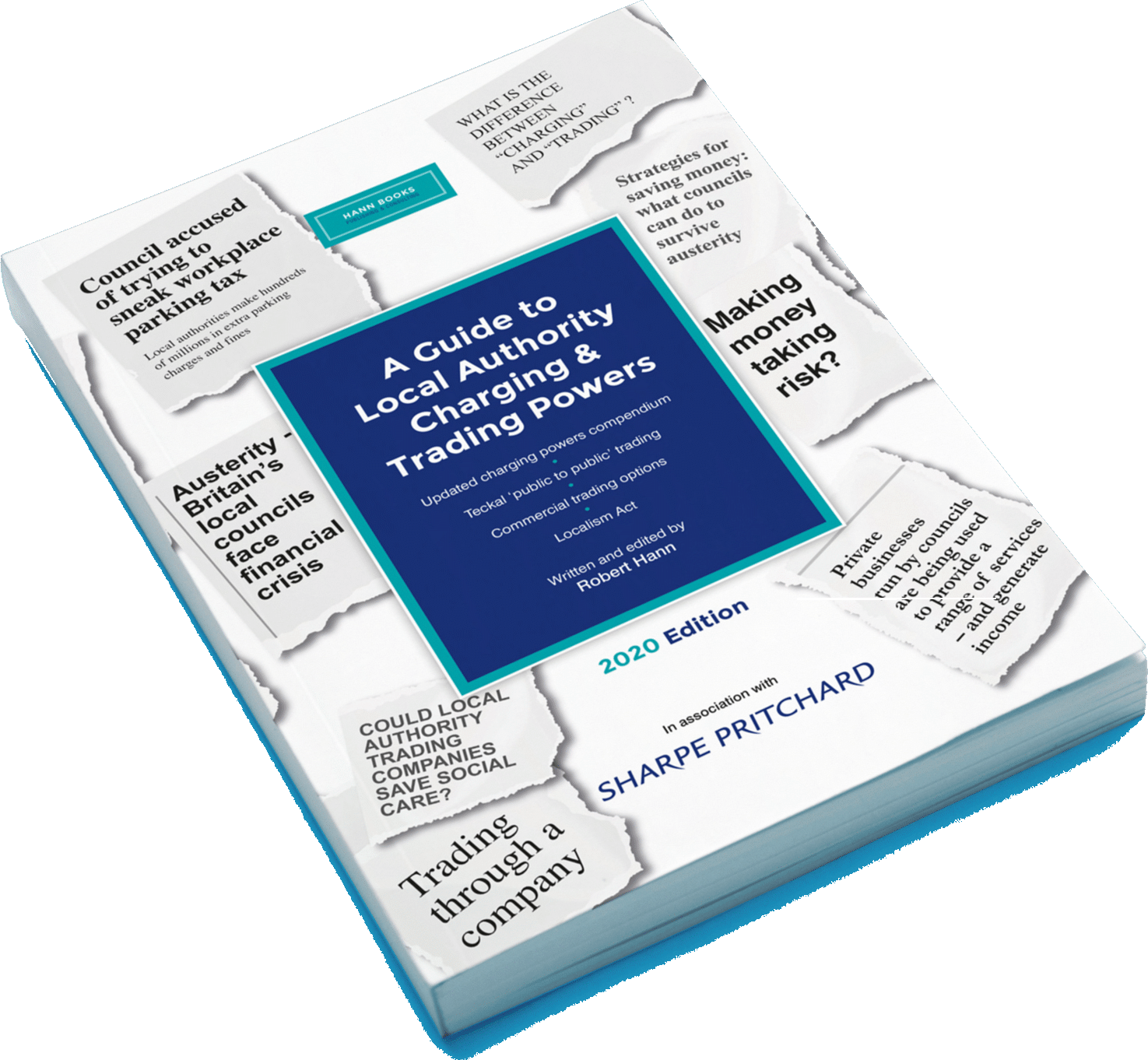Hydrogen in domestic heating – Developments in the UK
Meghan Vaillancourt analyses the Autumn Budget commitment to invest further in Hydrogen and heat-pump heating systems.![]()
Background
In the Autumn 2024 Budget, the UK Government (the “Government”) announced further investment in hydrogen production and infrastructure, alongside support for the heat pump manufacturing supply chain.
The use of hydrogen in home heating, alongside heat pumps and heat networks, will further accelerate decarbonisation in the UK and is a key step in reaching net zero targets.
To support these strategic priorities, the Government is launching a consultation on the role of hydrogen in domestic heating in 2025.
Pilot projects: H100 Fife and Europe
A pilot programme is currently underway in Fife, Scotland (“H100 Fife”), which is expected to be in operation from summer 2025 until 2027.
H100 is funded by SGN, with financial contributions from its gas network partners Cadent, Northern Gas Networks, Wales and West Utilities, alongside Ofgem and the Scottish Government.
H100 Fife will supply green hydrogen to approximately 300 opted-in homes through a newly constructed 8.4km hydrogen pipeline, which has been laid alongside the existing natural gas network.
The hydrogen will be produced by an electrolyser powered by a local 7MW offshore wind turbine.
The UK may also look to European trials to see how hydrogen networks can repurpose existing gas infrastructure.
The Netherlands is at the forefront of hydrogen heating trials and is running multiple small-scale trials of domestic hydrogen heating, including two exploring the use of hybrid hydrogen heat pumps.
For example, the three-year pilot programme in Lochem will use 100% hydrogen boilers in twelve domestic residences, with hydrogen fuel being supplied through the existing natural gas network.
The programme in Lochem is being run by Baxi’s parent company BDR Thermea’s Dutch brand Remeha and the grid operator Alliander.
Hydrogen regulatory guidance
Pilot programmes such as H100 Fife are leading the way in the transition from natural gas to hydrogen heating in the UK.
The growth in available investment and success of pilot projects will influence the roll out of the wider hydrogen trials in the UK.
However, as a nascent technology, early hydrogen heating projects will require input and regulatory guidance from bodies such as the Health and Safety Executive (“HSE”).
While HSE does not have the powers to authorise or approve hydrogen heating trials, they will need to maintain regulatory oversight of hydrogen trials to ensure sufficient risk management.
HSE has set up a hydrogen regulatory workstream to consider required regulatory changes for the application of 100 per cent hydrogen gas in domestic, as well as industrial and commercial premises.
Looking forward, HSE is expected to provide initial advice to DESNZ in March 2025. In 2026, HSE is expected to provide a view on the safety of using 100 per cent hydrogen for heat across Great Britain to feed into Government policy decisions.
HSE will continue to work closely with DESNZ, Ofgem and operators before any trials go ahead to ensure the use of 100 per cent hydrogen in heating can be run safely.
Looking to the future
In the UK there are nearly 30 million homes and approximately 85 per cent of them use natural gas for heating.
With these figures in mind, there is no doubt that repurposing existing gas infrastructure to supply hydrogen is a crucial step toward enabling low emission heating networks.
Key stakeholders are continuing to develop regulatory and technical guidance on the use of hydrogen in heating and a long-awaited Government consultation is expected later this year. Updates can be found here.
Meghan Vaillancourt is an Associate at Sharpe Pritchard LLP.
For further insight and resources on local government legal issues from Sharpe Pritchard, please visit the SharpeEdge page by clicking on the banner below.
This article is for general awareness only and does not constitute legal or professional advice. The law may have changed since this page was first published. If you would like further advice and assistance in relation to any issue raised in this article, please contact us by telephone or email This email address is being protected from spambots. You need JavaScript enabled to view it..



